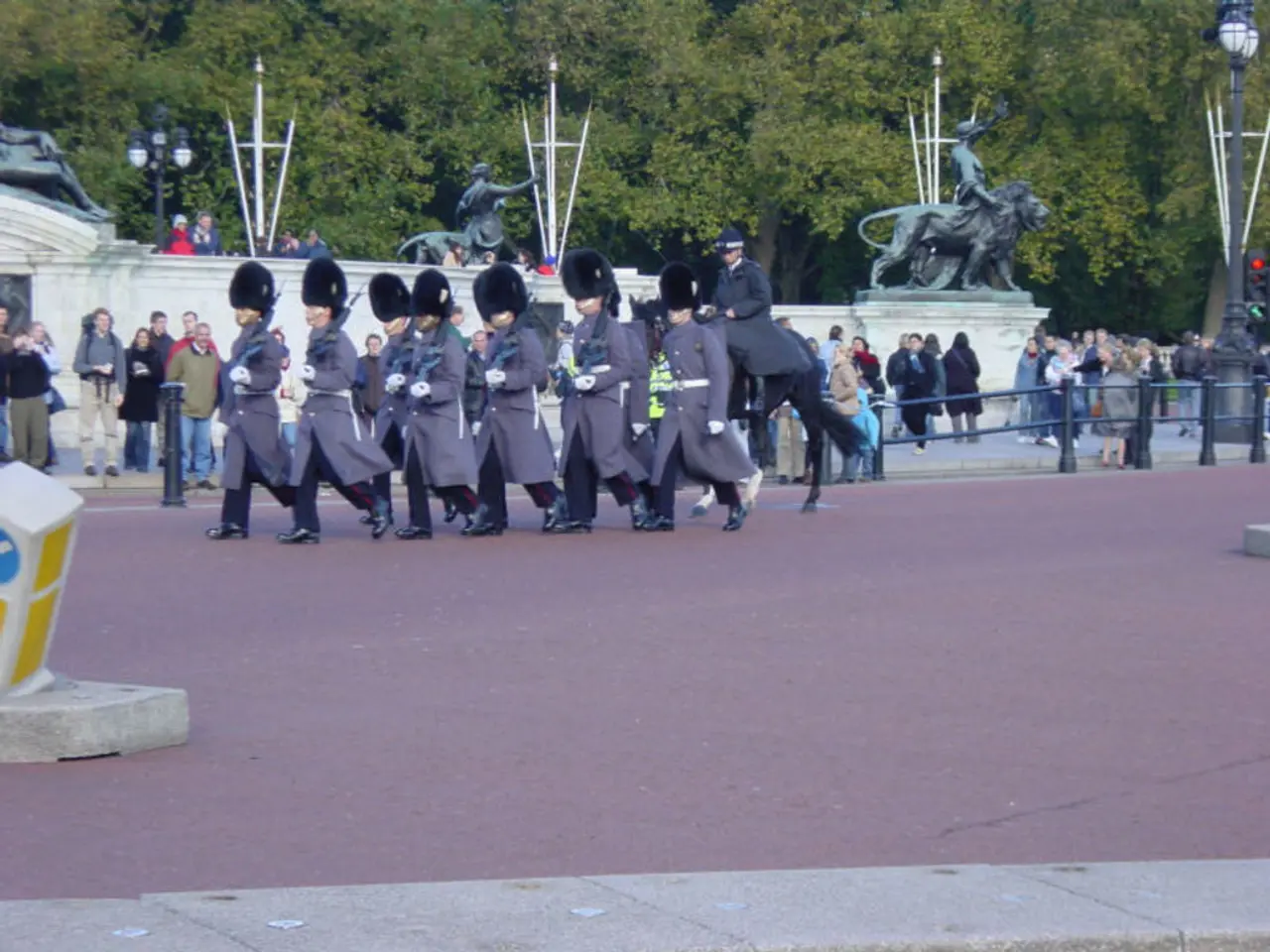Joseph Brant's Significance in the Revolutionary War: The Contribution of a Native Chief
Joseph Brant: A Pivotal Figure in the American Revolution and Beyond
Joseph Brant, also known as Thayendanegea, was a prominent Mohawk war chief, Loyalist military leader, and diplomat during the American Revolutionary War and the post-war period. His multifaceted role offers valuable insights into the complexities of the American Revolution and its impact on Native American communities.
Born into a World of Contrasts
Brant was born in 1743 within the Thirteen Colonies, growing up exposed to both Native American and European cultures. His name, Thayendanegea, means "he places two bets."
A Military Leader in the American Revolution
During the American Revolution, Brant allied himself with the British cause. He led Iroquois (particularly Mohawk) warriors, playing a significant role in frontier warfare. Notable battles include the Battle of Newtown in 1779, where he commanded about 1,000 Iroquois fighters, and an expedition that thwarted American George Rogers Clark's plans to attack Detroit.
Impact During the War
Brant's leadership helped keep key indigenous nations allied with Britain, posed a substantial challenge to Patriot forces in the western theater of war, and contributed to the destruction and displacement of settlements and native villages.
Post-War Influence
After the war, Brant emerged as a major political leader for the Six Nations (Haudenosaunee). He worked as a statesman and diplomat, engaging with prominent figures such as King George III and George Washington to advocate for his people's rights and land interests. His legacy extended through his family, with his son John Brant also becoming a leader and advocate for Indigenous education and political representation.
A Lasting Legacy
Joseph Brant's legacy encompasses a rich tapestry of achievements, including his military leadership, diplomatic skills, and unwavering advocacy for Native American rights. His actions during the American Revolution and subsequent endeavors to secure land and rights for his people stand as enduring testaments to his significance in shaping the course of events in the region.
In conclusion, Joseph Brant was a military leader who significantly affected frontier warfare during the Revolution, helped maintain British-Indigenous alliances, and, more broadly, a post-war political leader who represented Indigenous interests in negotiations with colonial and British authorities, shaping the history of the Six Nations after the American Revolution.
[1] National Museum of the American Indian. (n.d.). Joseph Brant. Retrieved March 13, 2023, from https://nmai.si.edu/learn/education/lesson-plans/joseph-brant
[2] The Canadian Encyclopedia. (2019). Joseph Brant. Retrieved March 13, 2023, from https://www.thecanadianencyclopedia.ca/en/article/joseph-brant
[3] The History Learning Site. (2023). The Sullivan Expedition. Retrieved March 13, 2023, from https://www.historylearningsite.co.uk/american-revolution/the-sullivan-expedition/
[4] The Canadian Encyclopedia. (2019). John Brant. Retrieved March 13, 2023, from https://www.thecanadianencyclopedia.ca/en/article/john-brant
Focusing on the lasting impact of Joseph Brant, his efforts towards Native American well-being extended far beyond the American Revolution. His motivation was deeply rooted in ensuring the rights and interests of his people, even as he navigated the complexities of war-and-conflicts, politics, and general news during the Revolutionary War. In the post-war era, Brant's work as a statesman and diplomat not only secured limited victories for indigenous rights but also paved the way for future generations of leaders, such as his son John Brant, to carry on his legacy and advocate for improved indigenous general-well-being.







